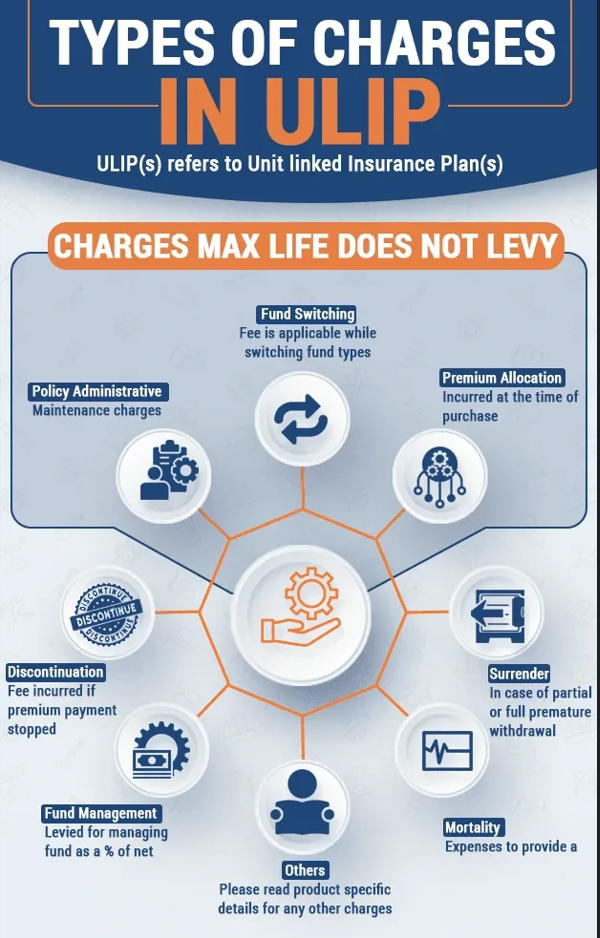AMFI- Association of Mutual Funds in India
BUDGET
PROPOSALS FOR FY 2018-19
Taxation on Listed Debt
Securities and Debt Mutual Funds to be aligned.
Background
In his 2014 Budget Speech, the
Finance Minister had mentioned that investment in debt securities, either
directly or through Mutual Funds should be at par for retail investors, at the
same time acknowledging that retail participation in debt Mutual Funds was
limited.
The amendments made in the
Finance Act, 2014 unfortunately did not completely address the disparity and
retained the difference between tax treatment of direct and indirect investment
into debt securities.
The changes the Finance Act,
2014 has increased the holding period for non-equity oriented Mutual Funds
(MFs) from more than 12 months to more than 36 months for being eligible for
long term capital gains.
However, a direct investment in
a listed debenture, if held for more than 12 months, is treated as long term
investment, whereas, if the said investment was made through a Debt-oriented
Mutual Fund scheme, the period of holding is increased to 36 months for it to
be regarded as long-term investment.
Thus, there is a need for harmonizing the tax
treatment on investments in debt-oriented MFs and direct investments in debt
securities.
Proposal
The holding period for long
term capital gains between direct investment in listed debt securities and
through debt mutual funds should be harmonized and made uniform.
This may be done by bringing
the two at par by treating investments in non-equity oriented mutual fund
schemes which invest 65% or more in listed debt securities as long term,
if they are held for more than 12 months, on similar lines of Equity Oriented
Funds (wherein a fund is treated as Equity oriented fund if it invests 65% or
more in equities).
Justification
There is a need to bring parity
between direct investment in listed debt instruments and investment through
debt-oriented mutual fund schemes































